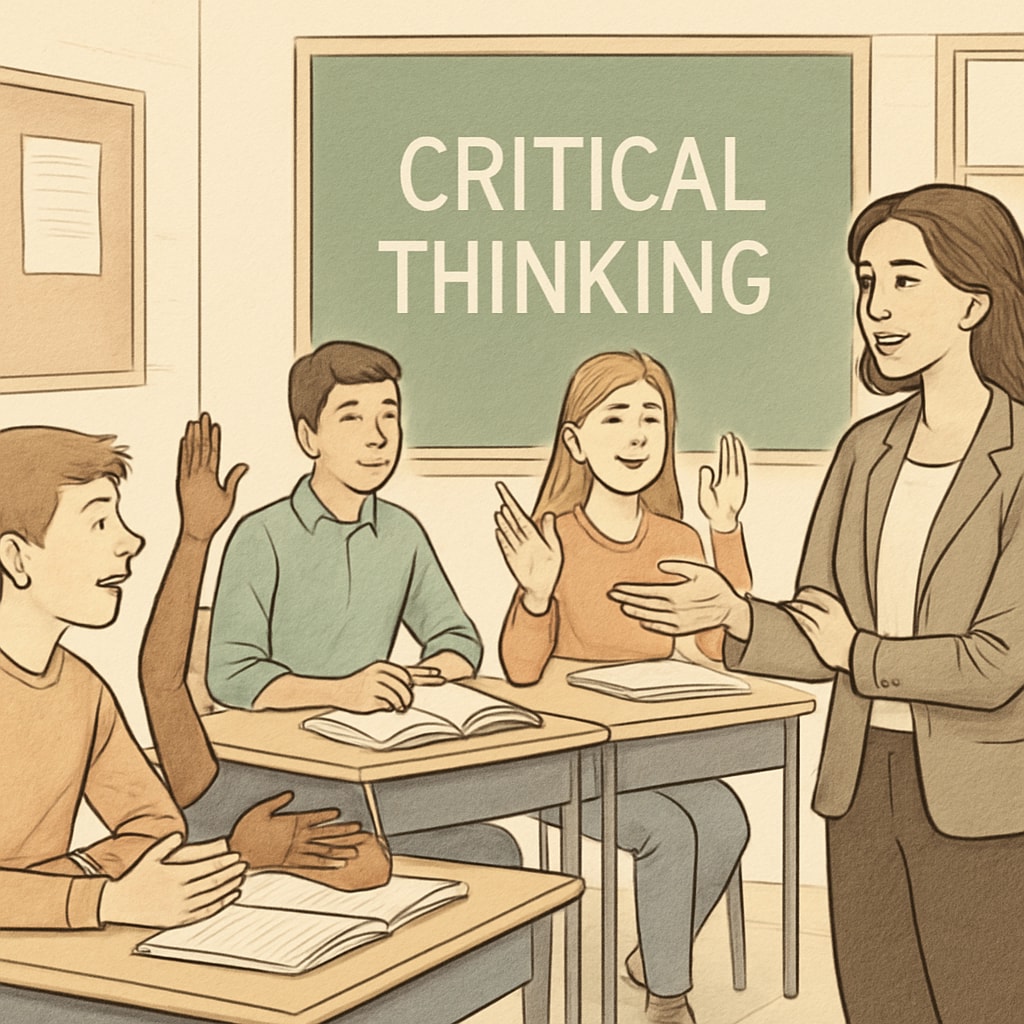Supporting students in their transition from K12 education to higher education is a critical factor in ensuring academic success. Institutions that embody key traits of student-focused education help learners not only complete their degrees but also prepare for lifelong learning. This article delves into the characteristics of these institutions and how they create an environment conducive to academic success.
Building a Foundation for Lifelong Learning
From the early stages of education, schools that prioritize skills like critical thinking, adaptability, and problem-solving set the stage for students’ future academic achievements. These foundational traits play a pivotal role in shaping how students approach challenges in university settings. For example, high schools that incorporate advanced placement (AP) courses or dual-enrollment programs expose students to the rigor of college-level coursework, thereby easing the transition.

Moreover, fostering a growth mindset in K12 education prepares students to tackle the demands of higher education. According to a Britannica article on growth mindset, students who believe in their ability to improve through effort are more likely to persist in the face of academic challenges. These traits, when cultivated early, serve as stepping stones for success in university environments.
Key Traits of Universities That Ensure Academic Success
Universities that excel in supporting students share several common traits. These include a strong emphasis on academic advising, accessible mental health resources, and a commitment to fostering a sense of belonging among students. For instance, academic advising helps students navigate course selections, career paths, and academic challenges, ensuring they stay on track toward graduation.
Additionally, institutions that prioritize mental health support create a safety net for students facing stress, anxiety, or other challenges. According to a study published by the American Psychological Association, access to on-campus counseling services significantly improves students’ overall well-being and academic performance.

Another defining trait of successful universities is their ability to foster inclusivity and community. Programs designed to support first-generation college students or those from underrepresented backgrounds create an environment where all students feel valued and supported. This sense of belonging directly impacts student retention and academic success.
Bridging the Gap: What K12 and Higher Education Can Learn from Each Other
The transition from K12 to university is a collaborative effort that requires alignment between both education sectors. High schools can learn from universities by implementing mentorship programs that pair students with alumni who have successfully navigated the college experience. Conversely, universities can adopt strategies from K12 schools, such as personalized learning plans, to cater to diverse student needs.
By creating a seamless pipeline from K12 to higher education, institutions can better prepare students for the academic and social challenges they may face. For example, summer bridge programs offered by universities help incoming freshmen adapt to campus life and academic expectations before the semester begins.
As a result, institutions that invest in these collaborative efforts not only improve individual outcomes but also contribute to a more equitable and effective education system overall.
Conclusion: Traits That Define Educational Excellence
In summary, the key traits of universities that ensure academic success include strong foundational skills from K12 education, robust support systems in higher education, and collaborative initiatives between the two. By fostering critical thinking, providing accessible resources, and creating inclusive communities, these institutions set students on a path to lifelong learning and achievement.
Ultimately, the journey from K12 to university is more than just an academic transition—it is a transformative experience that shapes the future of each student. By embodying these traits, educational institutions can ensure that their students not only complete their degrees but also thrive in their personal and professional lives.
Readability guidance: This article uses short paragraphs, clear transitions, and concise language to enhance readability. Key points are summarized under relevant headings, with examples and external references for added credibility.


